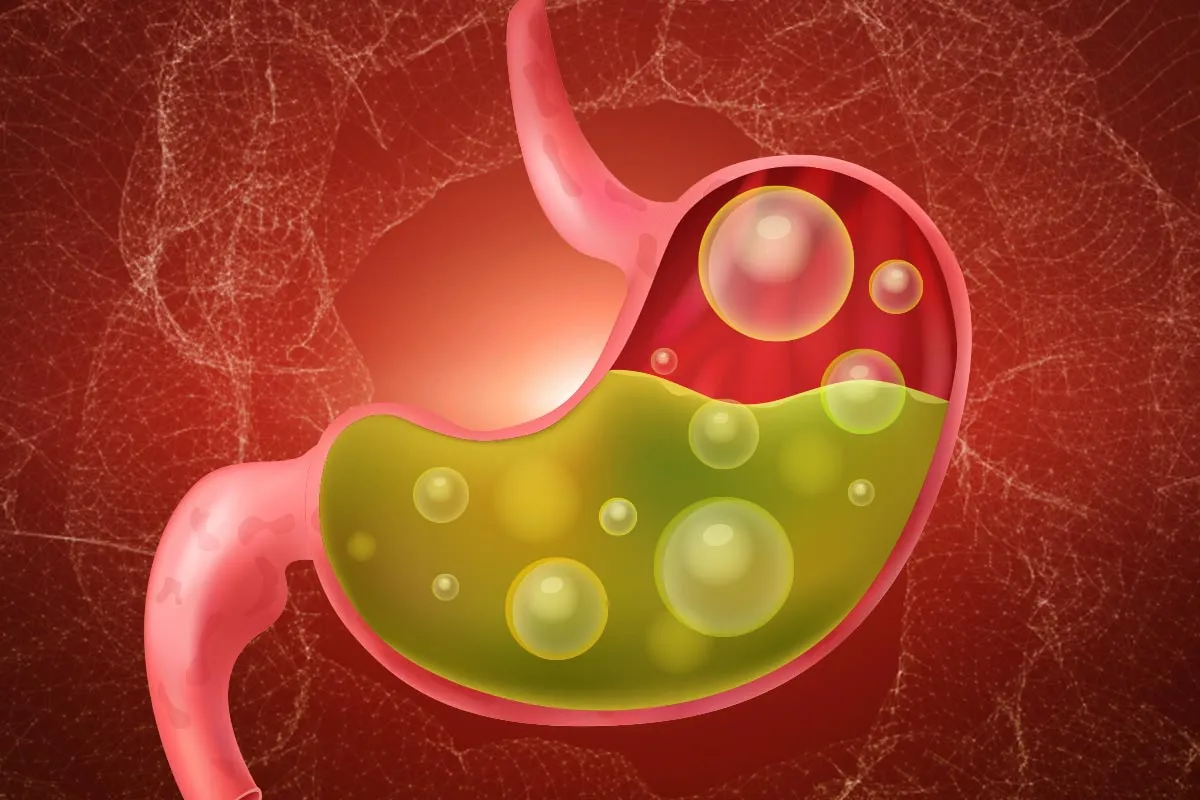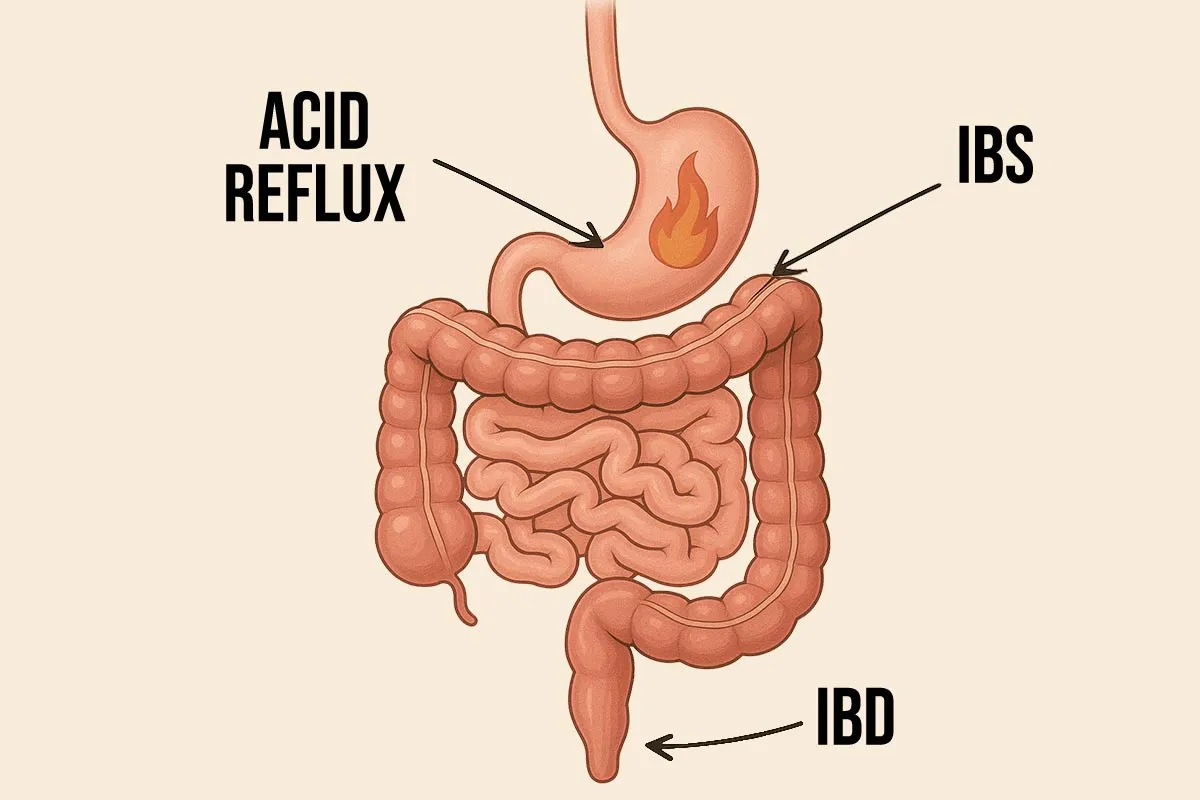Stomach Pain That Comes and Goes? Learn What’s Causing It and How to Feel Better Fast
Many people experience stomach pain that comes and goes in waves. This means the pain is not always there but appears and disappears over time. It can feel sharp or dull, and sometimes it is strong enough to affect daily activities. Understanding what causes this pain can help you know what to do for relief.
One common cause of this pain is problems in the digestive system. For example, right side pain that comes and goes may point to issues with organs like the appendix, gallbladder, or liver. Other times, you may feel upper stomach pain that comes and goes in waves, which can be related to acid reflux or stomach ulcers. Sometimes the pain can be a sharp stomach pain that comes and goes suddenly and intensely.
If you have stomach pain that comes and goes in waves, you are not alone. Many people suffer from this kind of discomfort, and it can be caused by many different health conditions. Knowing the reason for the pain is the first step toward feeling better and finding the right treatment.

One of the most common reasons for stomach pain that comes and goes in waves is gas and bloating. Gas forms when food breaks down in your stomach and intestines. Sometimes, gas builds up and causes pressure, which feels like a painful wave in your belly.
If you have stomach pain that comes and goes, especially after eating, gas may be the cause. This pain can happen anywhere in your stomach, but often it happens as upper left abdominal pain that comes and goes or in the lower stomach. You may also feel your stomach get bigger or tight because of the bloating.
The pain from gas usually comes and goes because gas moves through your intestines or is released. You can try some home treatments to ease this pain. Drinking warm water, walking after meals, or using over-the-counter remedies may help reduce the discomfort.
If you notice sharp stomach pain that comes and goes along with gas, or if the pain is very strong, it is important to see a doctor. This can sometimes mean there is a more serious problem.

Another reason for stomach pain that comes and goes in waves is a stomach virus. Viruses that infect the stomach and intestines cause what many people call “stomach flu” or viral gastroenteritis. This infection irritates the lining of the stomach, causing cramps and pain that often come and go.
If you have a stomach virus, you may feel pain in upper right abdomen that comes and goes, along with other symptoms like nausea, vomiting, diarrhea, and fever. The pain often feels like waves of cramps that start suddenly and then fade before returning.
The good news is that stomach viruses usually go away on their own within a few days. Drinking plenty of fluids and resting are the best treatments. Avoiding solid food until vomiting stops can also help. But if the pain lasts longer or is very severe, you should see a doctor.

Digestive disorders are a major cause of stomach pain that comes and goes in waves. Conditions such as Irritable Bowel Syndrome (IBS), acid reflux, gastritis, and ulcers can cause this kind of intermittent pain.
IBS causes cramps and discomfort that can move around your belly. You might feel lower stomach pain that comes and goes in waves or pain in other areas depending on what triggers your IBS. Stress, certain foods, and lack of sleep can make IBS symptoms worse.
Acid reflux and gastritis cause pain in the upper stomach that may come and go, especially after eating spicy or fatty foods. This pain may feel like burning or sharp discomfort in your chest or upper belly.
If you have frequent stomach pain that comes and goes, it is a good idea to keep track of when the pain happens and what you ate or did before. This can help your doctor find the cause and suggest the best treatment.

Sometimes, the cause of intermittent stomach pain is related to the liver or gallbladder. These organs are located in the upper right part of your abdomen. If you feel pain in upper right abdomen that comes and goes, it could be from liver inflammation, gallstones, or other liver diseases.
Pain from liver problems is often a dull ache but can sometimes become a sharp stomach pain that comes and goes. Gallstones can block bile flow and cause sudden, strong pain, which often happens after eating fatty foods.
If you notice yellowing of your skin or eyes, swelling, or very strong pain in your upper right stomach, you should get medical help right away. Liver problems need proper diagnosis and treatment from a healthcare provider.
You should go to the doctor if your stomach pain that comes and goes in waves is very strong, lasts for many days, or comes with signs like fever, vomiting, yellow skin, or yellow eyes. These symptoms can be signs of serious problems like liver or gallbladder issues. Even if the pain is not very strong but keeps coming back, it’s still a good idea to get checked.
Yes, gallstones can cause sharp stomach pain that comes and goes. This pain often happens in the upper right abdomen, especially after eating fatty food. Gallstones can block the bile duct, causing pressure and pain that starts and stops. If the pain keeps coming back, your doctor might suggest tests or treatment.
If you feel right side pain that comes and goes, try to notice when it happens and what you were doing before it started. This type of pain can be linked to the liver, gallbladder, or even the appendix. You should avoid eating greasy or heavy meals and see a doctor to find out the real reason behind the pain. Keeping a note of your symptoms can also help your doctor understand the issue better.
Upper stomach pain that comes and goes in waves is not always caused by the liver or gallbladder. Sometimes it can happen due to gas, acid reflux, stomach infection, or digestive problems. The pain may feel like cramping or squeezing. Only a doctor can tell the exact cause after doing proper tests, so don’t ignore repeated pain.
Yes, stress can cause stomach pain that comes and goes. When you are stressed or anxious, your stomach may not digest food properly. This can lead to cramps, bloating, or sharp pain in your upper or lower stomach. Managing stress through rest, sleep, healthy eating, and calm breathing can help reduce this kind of pain over time.

